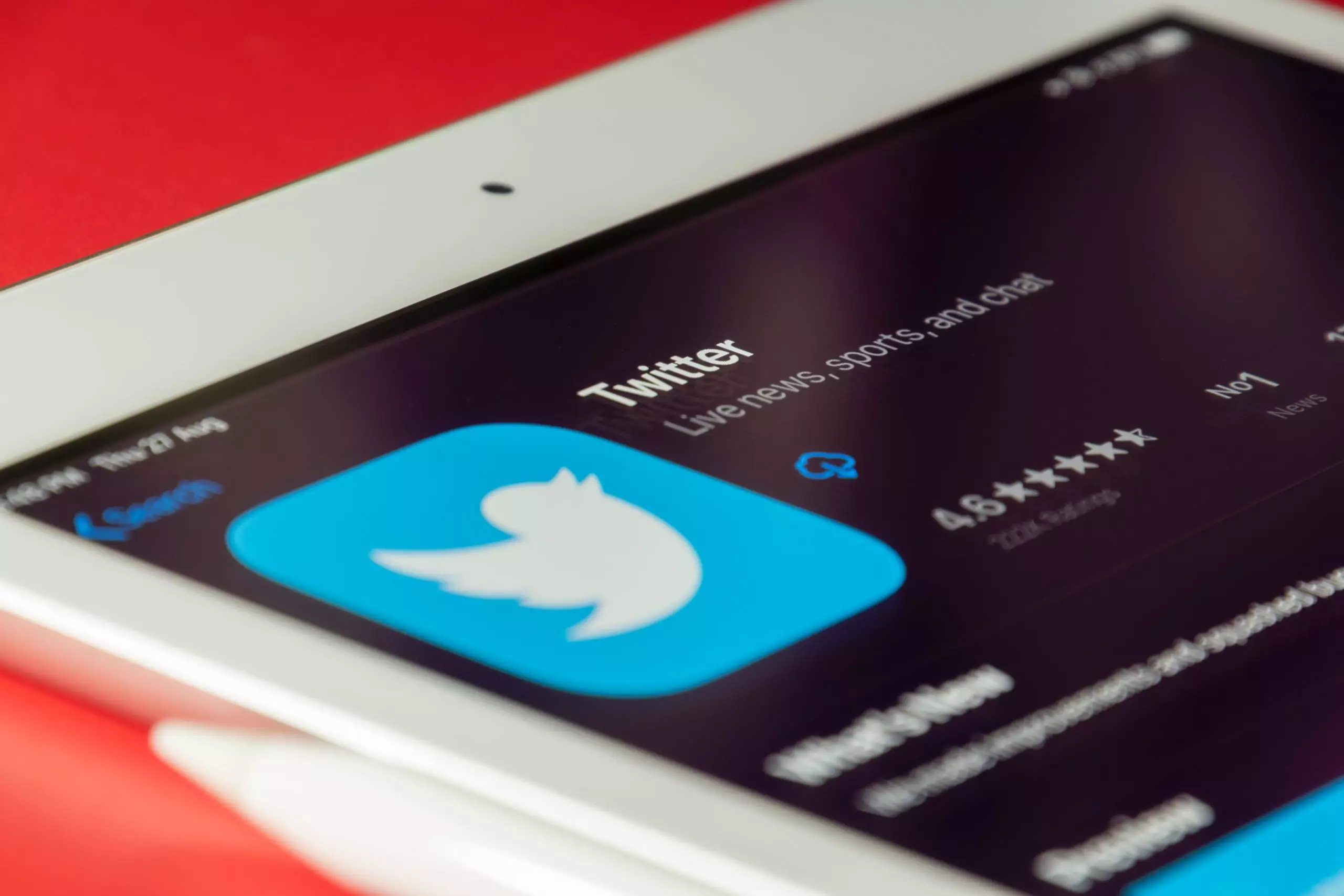Monday April 25th, 2022, Twitter’s board accepted billionaire Elon Musk’s offer to buy the social media company and take it private. The announcement ends what can only be called a weeks-long media firestorm as Musk offered to buy the company for $44 billion. Twitter stockholders will receive $54.20 for each share of common stock — a significant premium over the stock’s price from just months earlier.
Musk has often referred to himself as a “free speech supporter” and has been a loud critic of content moderation policies put in place by organizations, like Twitter, to stem the flow of misinformation, enforce authenticity and prevent harassment.
Musk also seems to believe that he’s advancing the free speech movement by taking over the social platform. For instance, he claims that he wants “to make Twitter better than ever by enhancing the product with new features, making the algorithms open source to increase trust, defeating the spam bots and authenticating all humans.”
Generally, the news has raised eyebrows.
Between Musk’s recent statements and the implied return of users currently banned from the platform, many believe he’s bound to run into conflict with multiple regulators. Now, Thierry Breton, the European Union’s commissioner for the internal market, has warned Elon Musk that Twitter must follow the rules on moderating illegal and harmful content online.
What does this mean to publishers dependent on social media platforms like Twitter? According to Musk, he plans to have less content moderation on Twitter. This means that publishers will soon be at the mercy of his social media strategies, which will be based on his own definition of truthful or accurate news and a free-sharing audience.
The bottom line is that publishers must be in control of their community guidelines and content moderation. In other words, they need to be in a position where they can protect against misinformation and personal attacks on their journalists.
For this reason, publishers need to invest in building their communities and audience conversations away from social media. After all, there’s no better way to keep audience engagement where it belongs — directly on publisher-owned websites!
Many digital publishers have already started moving to adopt on-site engagement strategies and solutions, including real-time conversations and live Q&As, to grow audiences, gather first-party data and ultimately drive sustainable monetization. However, Elon Musk’s purchase of Twitter has highlighted the need to accelerate that strategy.
Rest assured that wherever Twitter goes from here, Viafoura will be ready to clear you a path for building an engaged and safe online community.



